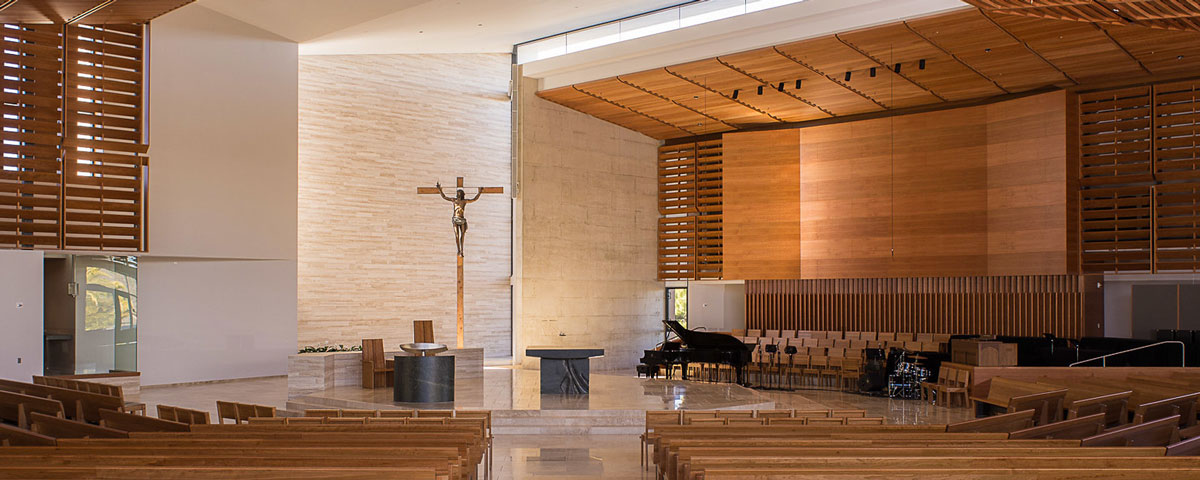As we continue to prepare for the Midterm Elections in November, we are mindful that October is “Respect Life” month. As Catholics, we are a people who believe in life, and the promotion and protection of life from womb to tomb. We call this stance, this perspective, being “pro-life.”
During the many conversations taking place regarding the Election, I have been amazed by the number of people who seem to think that being “pro-life” only means being “anti-abortion.”
In deeper discussion with these people, they said to me that they understood that to be “pro-life” was to be “anti-abortion” and they did not realize that the Catholic Church saw being “pro-life” in a much broader perspective.
Reflecting upon their comments, it seems that because the Church has so focused on the abortion issue, and rightly so, we have lost our focus on the other life issues.
The challenge is to still be as strongly focused on being “anti-abortion” while promoting and keeping focused on all the other life issues as well.
Neither major political party, Democrat or Republican, is “pro-life” as the Catholic Church is “pro-life.” Yet, as Catholics, we must exercise our responsibilities and duties as citizens of this country. We must take the values of the Catholic Church, and through our informed consciences, support the candidates and positions that best reflect a consistent “pro-life” ethic. This becomes an issue of conscience and not political party affiliation.
Written in 2004, yet still very timely, I share with you these “10 Questions for the Campaign” that comes to us from the Administrative Committee of the United States Conference of Catholic Bishops in their statement, “The Challenge of Faithful Citizenship—A Catholic Call to Political Responsibility:”
- After September 11, how can we build not only a safer world, but a better world—more just, more secure, more peaceful, more respectful of human life and dignity?
- How will we protect the weakest in our midst—innocent unborn children? How can our nation not turn to violence to solve some of its most difficult problems—abortion to deal with difficult pregnancies, the death penalty to combat crime, euthanasia and assisted suicide to deal with the burdens of age and illness, and war to address international disputes?
- How will we address the tragic fact that more than 30,000 children die every day as a result of hunger, international debt, and lack of development around the world?
- How can our nation help parents raise their children with respect for life, sound moral values, a sense of hope, and an ethic of stewardship and responsibility? How can our society defend the central institution of marriage and better support families in their moral responsibilities?
- How will we address the growing number of people without affordable and accessible health care? How can health care better protect human life and respect human dignity?
- How will our society combat continuing prejudice, overcome hostility toward immigrants and refugees, and heal the wounds of racism, religious bigotry, and discrimination?
- How will our nation pursue the values of justice and peace in a world where injustice is common, desperate poverty widespread, and peace is too often overwhelmed by violence?
- What are the responsibilities and limitations of families, community organizations, markets, and government? How can these elements of society work together to overcome poverty, pursue the common good, and care for creation?
- When should our nation use, or avoid the use of military force—for what purpose, under what authority, and at what human cost?
- How can we join with other nations to lead the world to greater respect for human life and dignity, religious freedom and democracy, economic justice and care for God’s creation?
I encourage you to take time with these questions, to read them, reflect upon them, pray over them. May these help all of us to expand our vision on what it means to be “pro-life” in the Catholic spirit.
And take time to prepare so that when you vote on November 6, you will do so with an informed conscience.



